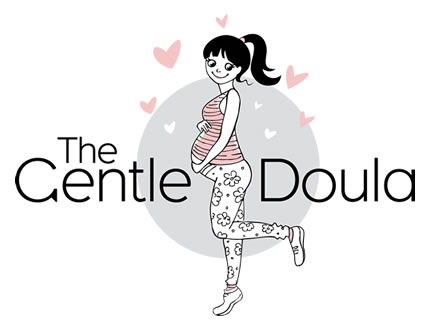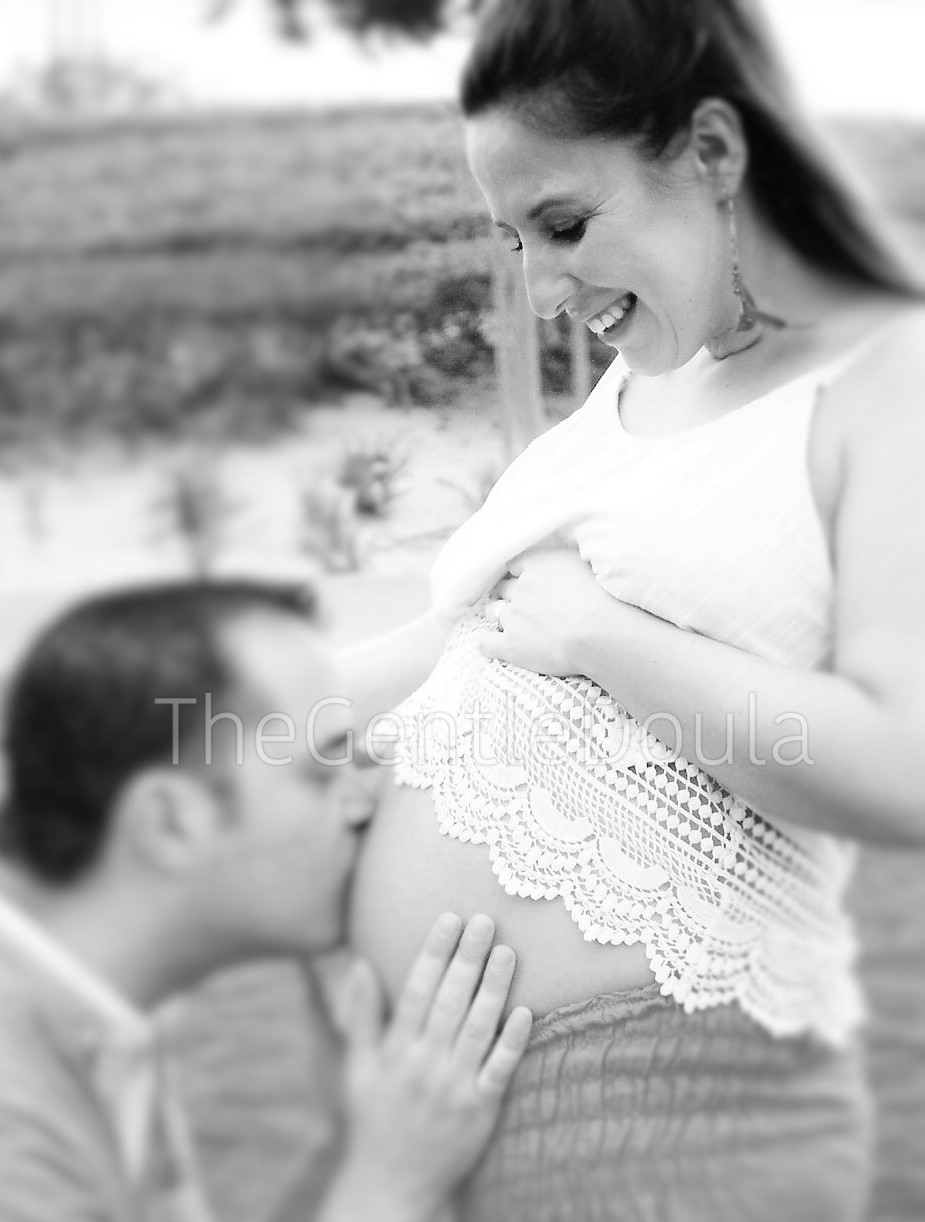Husbands and doulas
Couples who have taken childbirth classes may wonder, “Why shall we bother with a doula?” In theory, the classes prepare the father or loved one for that role, and it seems that a doula is redundant. They may believe that the doula might even interfere with the couple’s intimate experience since she is nearly a stranger to them.
The doula may be the only person at the labour besides the partner who is there solely for the emotional well-being of the woman
The nurse, the doctor, the midwife have other priorities that compete with the emotional care of the woman; for example, breaks, shift changes, clinical responsibilities, office hours and hospital policies. The doula stays through shift changes, and until after the baby is born. She is not just another stranger with the couple. She has the woman’s needs as her sole priority.
The doula can actually bring the couple closer
By making sure that the husband’s needs are met (food, drink and reassurance), the woman and her husband can work more closely together. The doula allows for the father to participate at his comfort level. Some husbands prefer to be there only to witness the birth of their child and to share this experience with the woman they love. They may not want to play an active role and do not want to be responsible for the woman’s comfort and emotional security.
The doula can fill in and allow the partner to participate as he wishes, without leaving the woman’s needs unmet.
When the partner chooses to be the major source of emotional support, the doula can supplement his or her efforts by running errands, making suggestions for comfort measures and offering reassurance comfort. During a long tiring labour, she can give the partner a break for a brief rest or change of scene. For a partner who is shy, uncertain, or unversed in his role, the doula suggests simple but truly useful tasks, such as timing contractions, holding the woman, supporting her in a particular position, massaging her. In such situations, the doula might take the lead, but the partner plays an important secondary role.
While the doula probably knows more than the partner about birth, hospitals, and maternity care, the partner knows more about the woman’s personality, likes and dislikes, and needs. Moreover, he loves the woman more than anyone else there.
The combined contributions of partner and doula, along with a competent, considerate and caring staff give the woman the best chance of an optimal outcome.
The doula’s true agenda is to help ensure that the woman’s or couple’s agenda (their birth preferences) is acknowledged and followed as much as possible. If the doula is thoroughly familiar with the couple’s wishes and their birth plan, she may actually think more about it than the couple, especially when labour is intense and things are happening rapidly.
The doula can remind the staff or the couple of some items on the birth plan that are forgotten, but which later might be important.
Sometimes if a birth plan is not followed, the couple later look back with regret or disappointment. The doula helps with decision-making by asking questions that will ensure that the right information is given to the woman or couple so that they can make an informed decision. She may also suggest alternatives (like waiting awhile) for the couple to consider. She does not, however, make decisions for the couple. In summary, the doula helps make the birth experience to be as rewarding and satisfying as possible. As one father said, “I heaved a big sigh of relief when she (the doula) walked in. I hadn’t realized how much pressure I had been feeling. She not only calmed my wife, she calmed me down.”
Source The Doula and the Partner: How They Work Together to Help the Birthing Woman by Penny Simkin, P.T.

